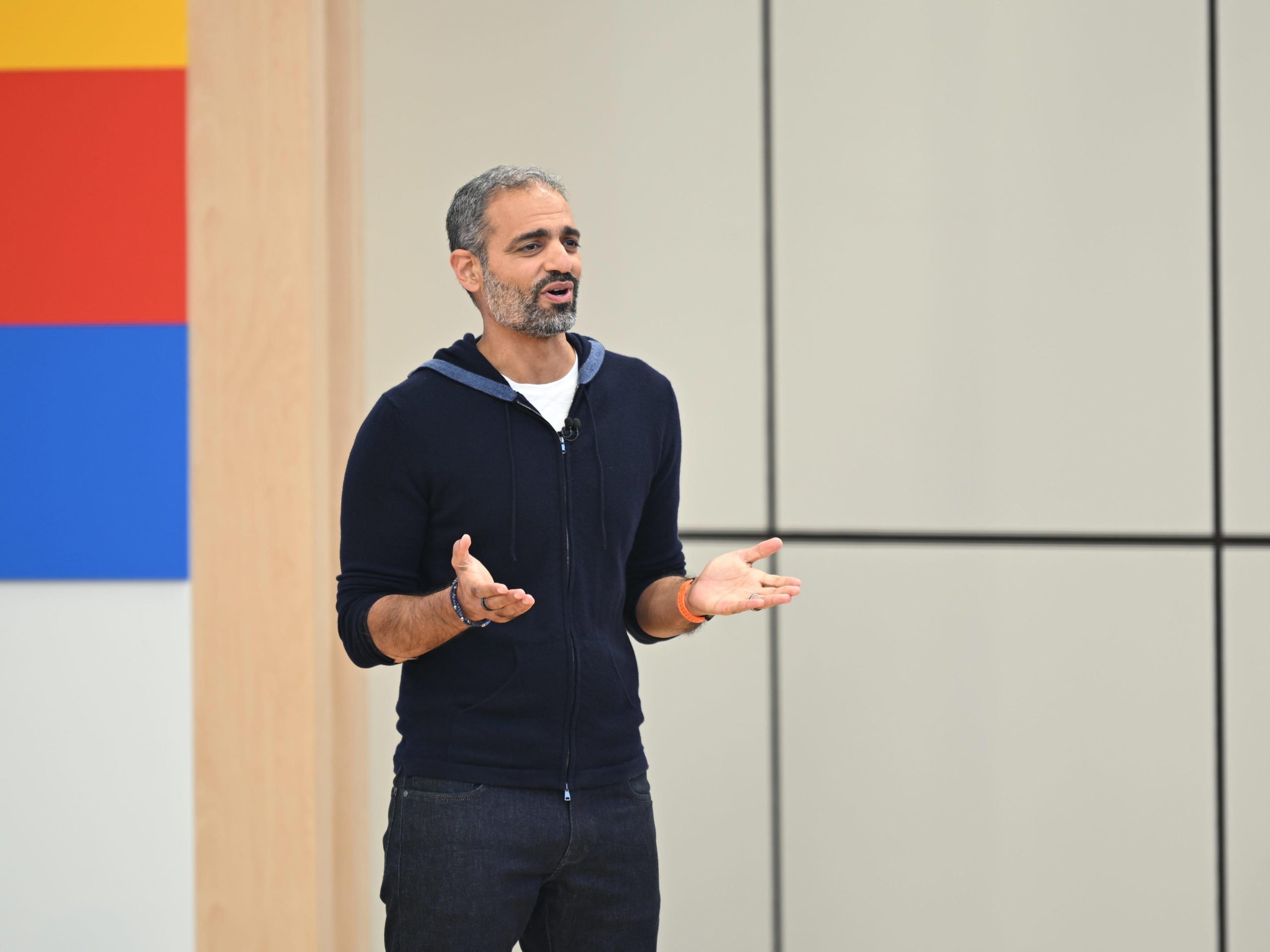Reimagining the Future of Computer Science Education
In an era where technology is evolving at an unprecedented pace, it’s no surprise that traditional academic disciplines are being reevaluated. One such discipline is computer science, which has long been associated with coding and programming. However, according to Sameer Samat, the head of Android at Google, it’s time to rethink the way we approach this field.
Samat emphasizes that computer science should not be seen solely as a path to mastering coding languages like Java. Instead, he argues that the core of the discipline lies in problem-solving. “It’s definitely not learning to code,” Samat said. “It is the science, in my opinion, of solving problems.”
This perspective challenges the common misconception that a computer science degree is merely about writing code. According to Samat, the discipline involves breaking down complex problems, understanding how systems work, and collaborating on solutions. While coding is an essential skill taught within the major, it’s just one part of a broader educational journey.
The Changing Landscape of Software Engineering
As software engineering becomes more automated, many individuals are questioning the value of a computer science degree. With the rise of AI tools that can generate code, some graduates find it challenging to secure full-time positions or internships. However, Samat still believes that the degree holds significant value. He acknowledges that learning to code is important, even as tools like Codex become more prominent and companies leverage AI to generate code.
Samat recalls his own experience learning to code, noting that when he studied computer science at UC San Diego, people had just begun to move away from Assembly, a low-level programming language. Despite this shift, he learned to write code in Assembly because it provided valuable insight into how machines operate. This foundational knowledge, he says, remains crucial for understanding the underlying mechanics of software development.
The Future of Programming Languages
Looking ahead, Samat predicts that there will always be higher-level programming languages that programmers will learn to build new technologies. “Maybe someday it’ll be natural language, where we’re just talking about what we want, and something is building the underlying software for you,” he said. However, he doesn’t believe this future will arrive anytime soon.
Samat also cautions students against pursuing a computer science major simply because they think it will be valuable to others. He stresses that job seekers need more than just a degree to stand out in the competitive tech industry. “I don’t think that the degree enough is enough to make yourself relevant for some of the most important companies,” he said, adding that individuals must take their skills “to the next level.”
Passion Beyond the Classroom
One of Samat’s key messages is that students should have passions outside of computer science. He encourages them to pursue interests that they are genuinely excited about and to become experts in those areas. “I think it’s really important that it be something that you’re really excited about going deep in and really becoming a 5% top expert in the field,” he said.
This advice is rooted in Samat’s personal experience. He launched two startups in his early twenties, one of which led to an introduction to Sergey Brin. His entrepreneurial journey ultimately made him a more effective contributor when he joined Google. By combining technical skills with passion and expertise in other areas, he believes individuals can create unique value in the tech industry.
A New Vision for Computer Science
As the tech landscape continues to evolve, so too must our approach to education. Samat’s insights offer a fresh perspective on what it means to study computer science. Rather than focusing solely on coding, students should embrace the broader principles of problem-solving, collaboration, and innovation. By doing so, they can prepare themselves for a future where technology is constantly changing and the demand for diverse skills is growing.







